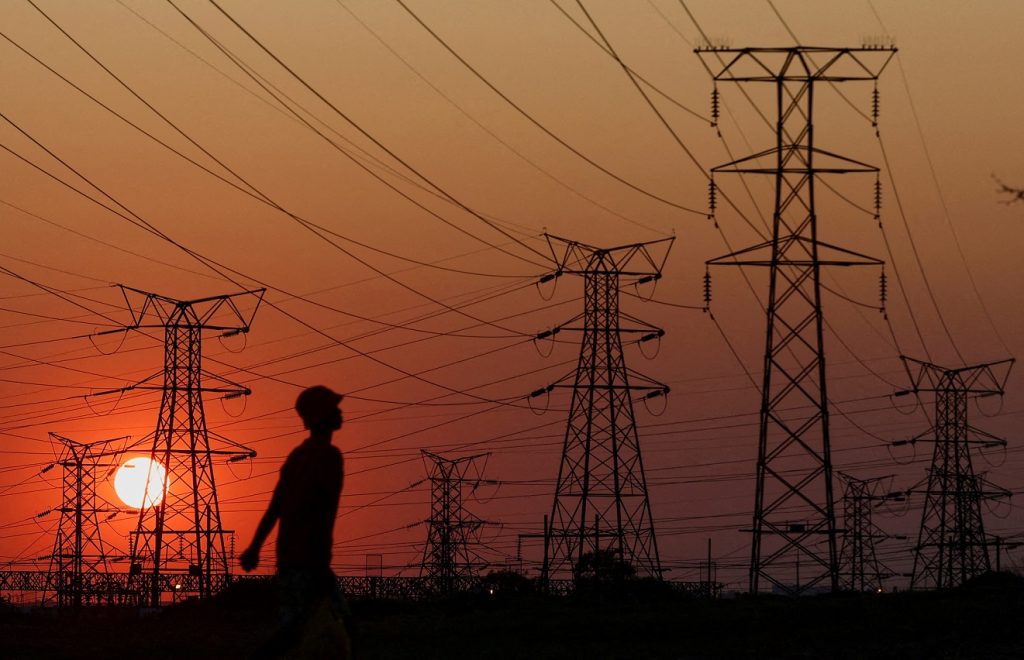Abstract
Africa faces unique and multifaceted energy challenges that demand regional collaboration and innovative solutions. The Energy Summit in Dar es Salaam, hosting leaders from 25 African nations, is an essential platform for addressing energy concerns through collective efforts. This paper explores the cultural, social, and scientific challenges of energy implementation and mitigation in Africa while examining the implications and lessons Tanzania may draw from this summit. By delving into academic and practical frameworks, this analysis seeks to understand the summit’s potential for shaping Africa’s energy future.
Introduction
Energy access and sustainability are critical for Africa’s socio-economic transformation. Despite being rich in natural resources, many African countries face significant energy deficits, limiting industrialization, education, and healthcare services. The Energy Summit in Dar es Salaam marks a strategic milestone, where African leaders convene to deliberate on shared challenges and solutions. This discussion focuses on understanding the barriers that hinder progress in energy development and highlights the steps Tanzania could take post-summit to enhance its energy strategy.
Cultural Challenges in Addressing Energy Issues
1. Traditional Beliefs and Resistance to Change
Many African communities rely on traditional energy sources, such as firewood and charcoal, due to cultural attachment or limited awareness of alternative solutions. The adoption of modern renewable energy technologies like solar or wind often encounters skepticism. According to Nygaard and Hansen (2015), overcoming these barriers requires culturally sensitive education and outreach programs to align clean energy solutions with local values and customs.
2. Community Engagement and Ownership
Incorporating local communities into energy projects has proven difficult in many regions. When communities perceive energy projects as externally imposed, resistance grows. Successful implementation depends on community ownership and involvement, as demonstrated in Kenya’s Olkaria geothermal project (Matek, 2016).
Social Challenges
1. Energy Access Inequalities
Africa is characterized by vast disparities in energy access between urban and rural areas. According to the International Energy Agency (IEA), 60% of sub-Saharan Africa’s population lacks electricity access, with rural areas being disproportionately affected. Bridging this gap requires targeted policies that prioritize rural electrification and decentralized energy systems, such as microgrids.
2. Gender Disparities in Energy Access
Women, especially in rural Africa, bear the brunt of energy poverty. They spend hours collecting firewood and cooking with inefficient fuels, exposing themselves to health risks. Promoting clean cooking technologies and empowering women to participate in the energy sector are vital steps for inclusive progress (Clancy et al., 2017).
3. Economic Constraints
Poverty remains a major barrier to energy access. Many African households cannot afford modern energy technologies, and subsidies often fail to reach those who need them most. Initiatives like pay-as-you-go solar systems, pioneered in Tanzania, provide innovative financing models to address this challenge.
Scientific Challenges
1. Technological Gaps
Africa’s reliance on imported energy technologies increases costs and limits local innovation. Investments in research and development (R&D) are critical to developing context-specific solutions. According to IRENA (2022), regional centers of excellence in renewable energy could bridge this gap by fostering local talent and innovation.
2. Infrastructure Deficits
Inadequate infrastructure for energy generation and distribution remains a critical bottleneck. Africa’s power transmission networks are often outdated, leading to high energy losses. Tanzania, for instance, experiences significant inefficiencies in its national grid, as noted in a 2023 report by the World Bank.
3. Climate Change and Energy Transition
The transition from fossil fuels to renewables faces scientific and policy challenges. Africa’s energy landscape must balance its growing energy demand with climate commitments under the Paris Agreement. Research by Okello and Were (2020) suggests that integrating renewable energy with existing systems is key to ensuring a smooth transition.
Lessons Tanzania Can Learn
The Energy Summit offers Tanzania an opportunity to draw critical lessons for its energy strategy:
1. Regional Collaboration
Working closely with neighboring countries can enable shared energy resources, such as cross-border hydropower projects. The East African Power Pool is an example of such collaboration.
2. Policy Reforms
Learning from countries like South Africa and Kenya, Tanzania can enhance its energy policies to attract foreign investment in renewables. Transparent governance and public-private partnerships (PPPs) are vital for success.
3. Technology and Innovation
Tanzania can invest in R&D and capacity-building to reduce dependence on foreign technologies. Establishing partnerships with African and global universities could accelerate local innovation.
4. Social Inclusion
Addressing energy access inequalities, particularly in rural areas, is crucial. Tanzania’s Rural Energy Agency (REA) should scale up its efforts, using lessons from Ethiopia’s ambitious electrification program, which achieved a 44% rural electrification rate in five years.
Conclusion
The Energy Summit in Dar es Salaam underscores the importance of collective action in tackling Africa’s energy challenges. By addressing cultural, social, and scientific barriers, African countries can unlock their energy potential to drive sustainable development. For Tanzania, the summit serves as a platform to learn from its peers and refine its energy strategy. Through regional collaboration, innovative policies, and investments in local capacity, Tanzania can position itself as a leader in Africa’s energy transformation.
Read more about Tanzania’s Role as Host of the Mission 300 Africa Energy Summit and the Conceiver of the Dar es Salaam Declaration

